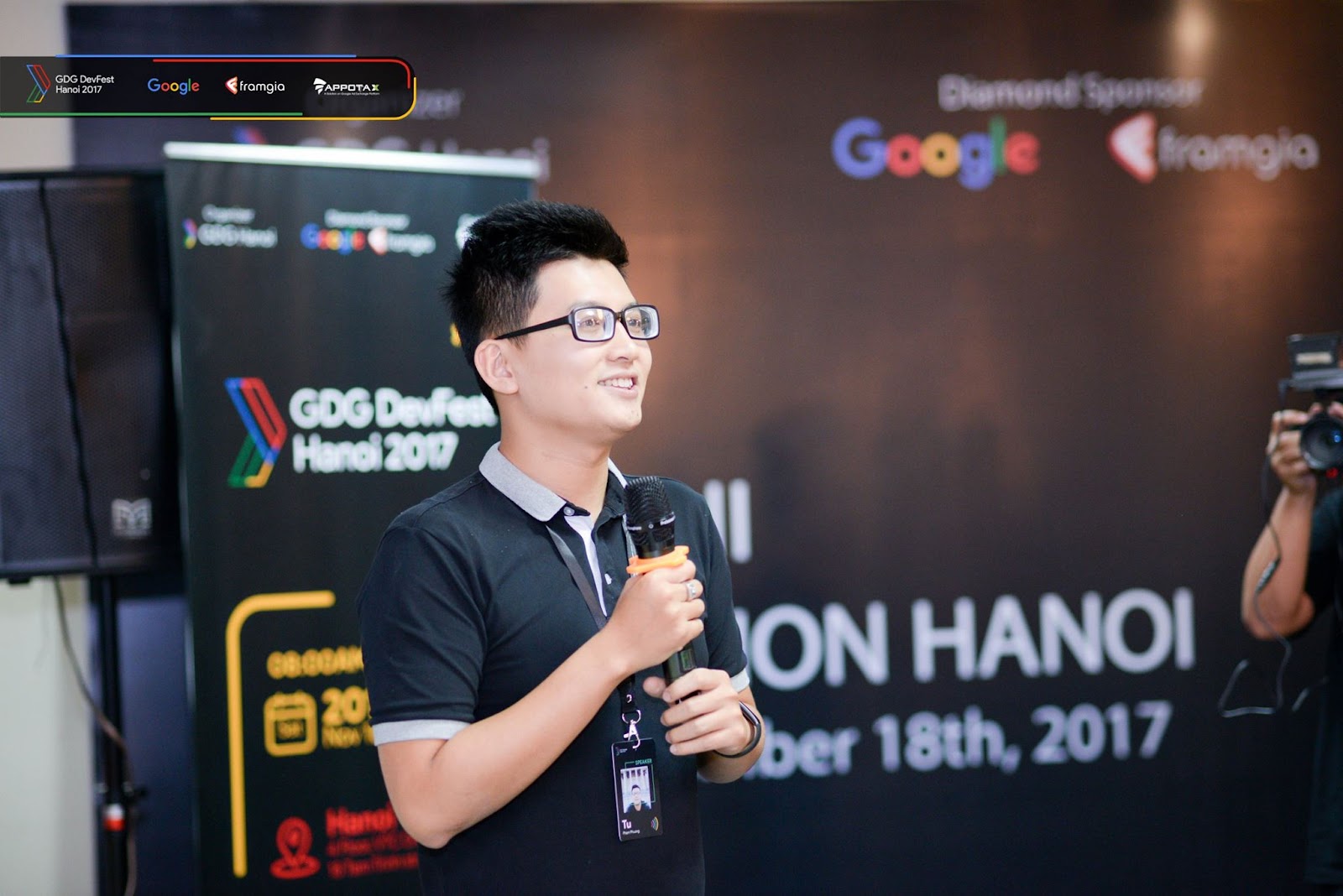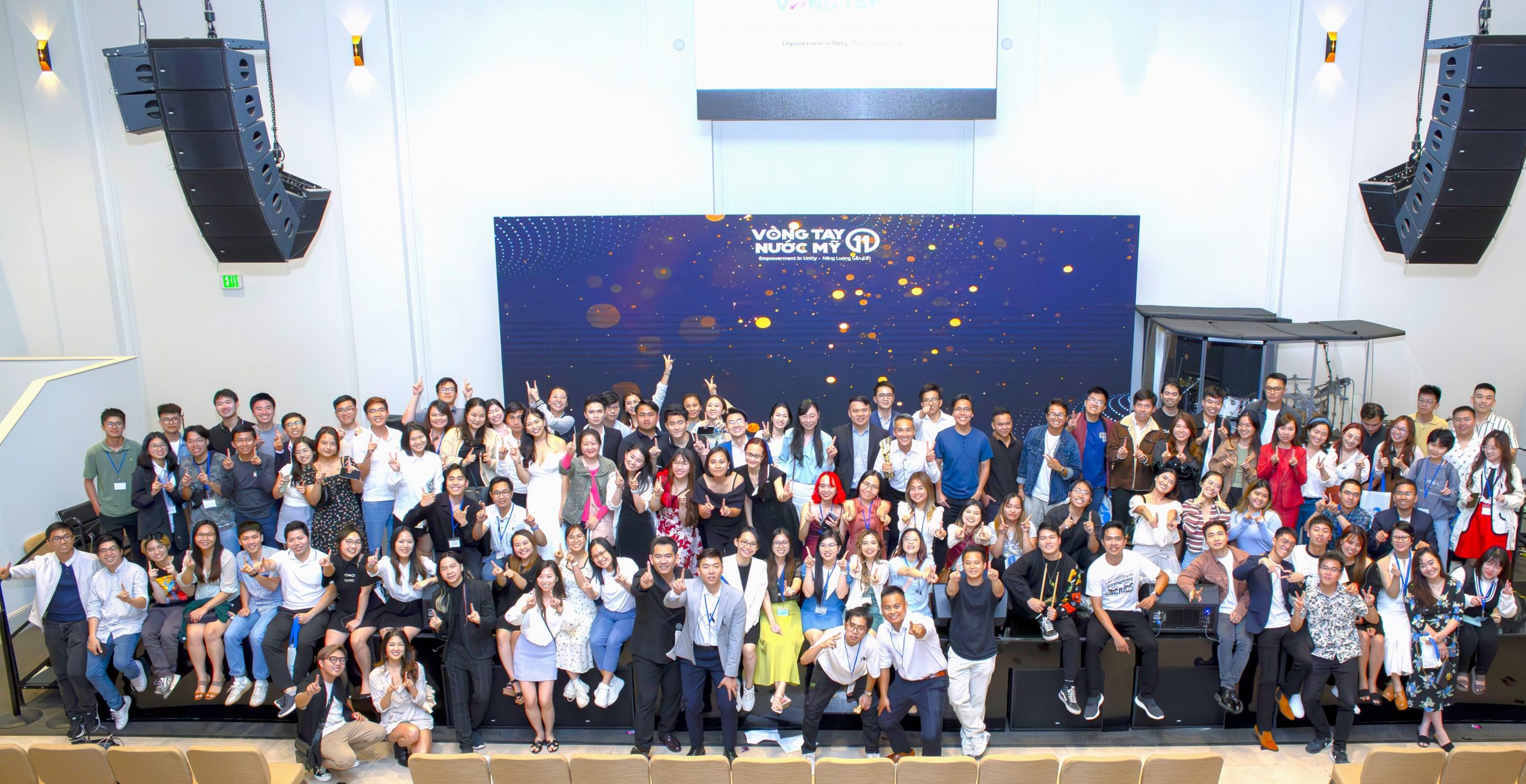
1. Vietnamese Fulbright Scholar Program
The Council for International Exchange of Scholars (CIES) assists in the administration of the Fulbright Scholar Exchange Program for faculty and professionals. Started in 1998, the Program recruits and nominates Vietnamese scholars for placement by CIES as lecturers and researchers in U.S. universities for terms of three to 10 months. From six to eight scholars from Vietnam travel to the United States on an annual basis.
Timeline:
. October: Deadline of application submission
. November – December: Peer Review Panel
. January: Interview the shortlisted candidates
. End of January: Submission of semi-finalist candidates to Washington
. February – March: Selection results available from Washington
. April – July: Affiliation and Visa Process
. August: Pre-departure Orientation for the departing grantee
Source: http://vietnam.usembassy.gov/
2. Fulbright Vietnamese Student Program
The Fulbright Vietnamese Student Program is a competitive, merit-based scholarship program which recruits and nominates young Vietnamese professionals for Master’s degree programs at U.S. universities. Approximately 20 to 25 fully-funded scholarships are granted on an annual basis for students in social sciences and humanities. Successful applicants will receive support in university placement and a full scholarship which covers tuition and fees, monthly stipend, round-trip airfare to the U.S. and health insurance. Selection is based on study objectives, work experience, understanding of the chosen field of study, impact potential, leadership, academic excellence and English proficiency.
Timeline:
. December: Grant announcement
. April: Application deadline
. June – July: Application review and semi-finalist selection
. September: Interviews & finalist selection
. October: Finalists take GRE/GMAT/TOEFL iBT
. November: U.S. universities placement
. April – May: Confirmation of final university placement
. May: Pre-departure orientation
. June – July: Medical check-up and visa application
. July – August: Departure
Source: http://vietnam.usembassy.gov/
3. SUSI for Student Leaders
These are five-week intensive academic programs whose purpose is to provide Vietnamese undergraduate student leaders with a deeper understanding of the U.S., while simultaneously enhancing their leadership skills. Participants are selected based on 1) academic record, 2) leadership skills and potential, 3) community involvement and extra-curricular activities, and 4) English proficiency.
Timeline:
. December: Call for applications
. January: Deadline for submission of applications to the Embassy
. Jan-Feb: Screening of applications; interviews of shortlisted candidates
. February: Submission of finalists to Washington
. March: Selection results available from Washington
. June: Departure of selected candidates
Source: http://vietnam.usembassy.gov/
4. Global Undergraduate Exchange Program (Global UGRAD)
This program provides scholarships for one semester or one academic year of study at a U.S. university. The goal is to provide a diverse group of emerging student leaders, from non-elite and under-represented groups, with a substantive exchange experience at a U.S. college or university, with in-depth exposure to U.S. society, culture and academic institutions. Students are selected based on 1) academic record, 2) leadership skills and potential, 3) community involvement and extra-curricular activities, and 4) English proficiency (minimum TOEFL score of 525 (paper-based) or 70 (iBT).
Timeline:
. September: Call for applications
. November: Deadline for submission of applications to the Embassy
. Nov-Dec: Screening of applications; interviews of shortlisted candidates
. December: Nomination of finalists to Washington
. March: Selection results available from Washington
. June: Placement information available
. July: Departure of selected candidates (whole academic year program)
. January: Departure of selected candidates (semester program)
Source: http://vietnam.usembassy.gov/
5. Undergraduate Intensive English Language Study Program (UIELSP)
This program enrolls undergraduate students in the East Asia and Pacific region who demonstrate the potential to become student leaders in an eight-week intensive English Language course at colleges and universities in the United States with a focus on English language acquisition, leadership skill building, and civic education and engagement. It also provides participants with an introduction to American institutions, society and culture.
Timeline:
. Oct-Nov: Call for applications
. December: Deadline for submission of applications to the Embassy
. Dec-Jan: Screening of applications; interviews of shortlisted candidates
. February: Nomination of finalists to Washington
. March: Selection and placement results available from Washington
. June: Departure of selected candidates
Source: http://vietnam.usembassy.gov/
6. Southeast Asia Youth Leadership Program (SEAYLP)
This intensive four-week exchange program in the United States aims at promoting high-quality leadership, civic responsibility, volunteerism, and respect for diversity. Each year, five Vietnamese high-school students and one teacher (who acts as chaperone) are selected for this program and are joined by similar groups from other Southeast Asian countries. It is designed to enable teenagers, ages 15-17, and teachers to travel to the United States for a program focused on building a sense of community, developing civil society and economic institutions, and recognizing the commonalities among Southeast Asians and Americans.
Timeline:
. July-August: Call for applications
. September: Submission of applications to the Embassy; screening and interviews
. October: Nomination of finalists to Washington
. November: Selection results available from Washington; departure of selected candidates
Source: http://vietnam.usembassy.gov/
7. E-Teacher Scholarship Program
The E-Teacher Scholarship Program is a professional development distance-learning program for English teachers. It is designed to improve the quality of English language teaching throughout the world. Participants are English teaching professionals who will be introduced to the most recent English language teaching methods and techniques and offered the opportunity to engage in an innovative distance-learning program that employs the latest in modern technology, and provides direct access to U.S. experts with whom participants might not normally have the opportunity to interact.
Below are seven typical innovative, on-line, graduate level courses provided under this program. No more than one candidate from Vietnam will be selected for each of the seven courses).
. Critical Thinking in the EFL (English as a Foreign Language) Curriculum
. Teaching English to Young Learners (TEYL)
. Building Teaching Skills through the Interactive Web
. English for Specific Purposes (ESP) Best Practices
. English as a Foreign Language Assessment
. Methods Course I: Survey of Best Practices in TESOL (Teaching of English to Speakers of Other Languages)
. Methods Course II: Developing EFL Literacy through Project-Based Learning
Timeline:
. June: Call for applications; submission of applications to the Embassy
. August: Selection results available
. September: E-Teacher courses begin and are offered throughout the year
Source: http://vietnam.usembassy.gov/
8. English Access Microscholarship Program
The English Access Microscholarship Program is a global scholarship program which provides a foundation of English language skills to non-elite, 14-18 year old students through after school classes plus other, more intensive sessions and activities. The program also gives participants the opportunity to gain an appreciation for U.S. culture and values, and is intended to increase their ability to participate successfully in the socio-economic development of their countries, and improve their chances of participating in U.S.-based educational and exchange programs. Access students are given a total of 360 class hours over a two-year period.
Timeline:
. August: Calls for proposals from English language educational service providers
. October: Selection of service providers by the Embassy
. November: Call for applications from Vietnamese students; selection of candidates
. December/January: Access classes begin
Source: http://vietnam.usembassy.gov/
9. English Language Fellow Program
The English Language Fellow Program shares American expertise in teaching English as a foreign language by sending American professionals (Fellows) on ten-month fellowships to help enhance English teaching capacity at Vietnamese academic institutions. The Fellows provide foreign teachers and students with the communications skills they will need to participate in the global economy; improve foreign teachers’ and students’ access to diverse perspectives on a broad variety of issues. Fellows are usually selected in April, arrive at the host institutions in September and leave the following June. Vietnamese academic institutions interested in hosting an English Language Fellow are invited to submit a proposal to the U.S. Embassy in Hanoi or the U.S. Consulate General in Ho Chi Minh City.
Timeline:
. Oct-Nov: Submission of proposals from Vietnamese educational institutions
. Nov-Dec: Screening of proposals; nomination of shortlisted proposals to Washington
. Mar-April: Proposal selection results from Washington
. July-August: Selection of fellows
. September: Arrival of fellows at host institutions
Source: http://vietnam.usembassy.gov/
10. Hubert H. Humphrey Fellowship Program
This is a one year, non-degree, full scholarship program offered to promising mid-career professionals who have proven track records of leadership and a strong commitment to public service. Participants in the program spend one academic year at a leading U.S. university doing their self-designed program of academic course work, participating in professional affiliations off-campus, field trips, special workshops and seminars in their field of study.
Source: http://vietnam.usembassy.gov/
11. The Vietnam Education Foundation (VEF)
The following are the core VEF activities: (1) Fellowship Program, bringing Vietnamese nationals to the United States for graduate degree programs, funded through cost-sharing agreements with U.S. universities; (2) Visiting Scholar Program, funding Vietnamese nationals with a Ph.D. to develop their professional skills via studies, research, and/or observational activities at leading U.S. institutions; and (3) U.S. Faculty Scholar Program, providing grants to American professors to teach courses at Vietnamese institutions for one or two semesters, on-site in Vietnam or via interactive, real-time videoconferencing. VEF capacity-building efforts build the relationship between U.S. and Vietnamese institutions and government entities and strengthen the foundations in Vietnam for the return of VEF Fellows and Visiting Scholars to their home country.
The programs forcus on the major disciplines of sciences (natural, physical, and environmental), mathematics, medicine (such as public health, epidemiology, and immunology), engineering, and technology (including information technology). Fields include the basic sciences, such as biology, chemistry, and physics, as well as agricultural science and computer science. Priority will be given to applicants, whose field of study focuses on climate change (environmental sciences) or on nuclear energy, provided that all other qualifications are equal.
Source: http://home.vef.gov/index.php
Thông tin này lấy từ The Institute for Vietnamese Culture & Education (IVCE). http://www.ivce.org
Công bố của Hội TNSV Việt Nam tại Hoa Kỳ: Hoạt động của chúng tôi không vì mục đích lợi nhuận. Việc đăng lại bài viết này chỉ nhằm cung cấp thông tin cho các thành viên trong cộng đồng TNSV Việt Nam tại Hoa Kỳ và những ai quan tâm. Chúng tôi sẽ đưa bài viết ra khỏi trang web nếu có yêu cầu của bên nắm giữ bản quyền.


